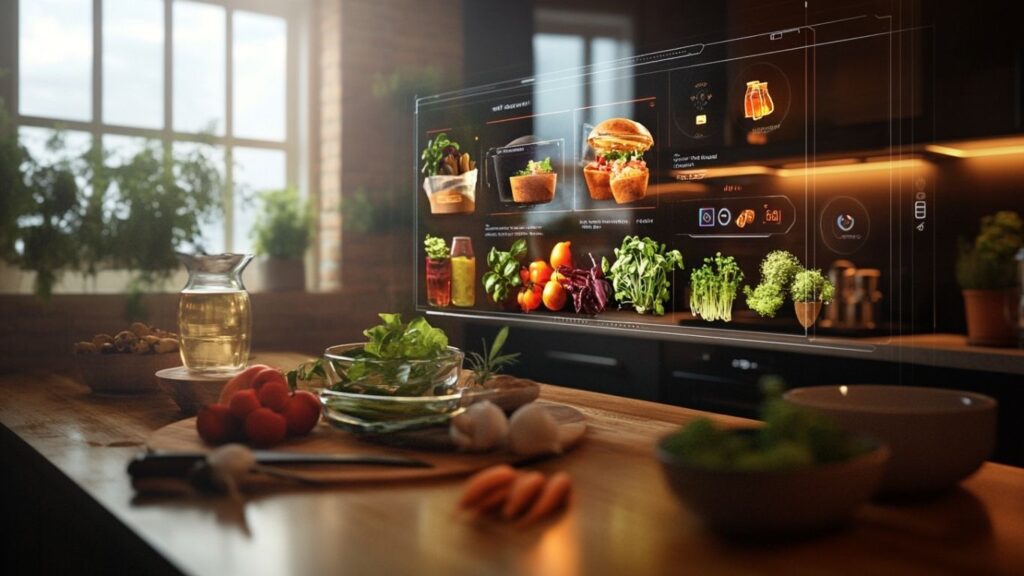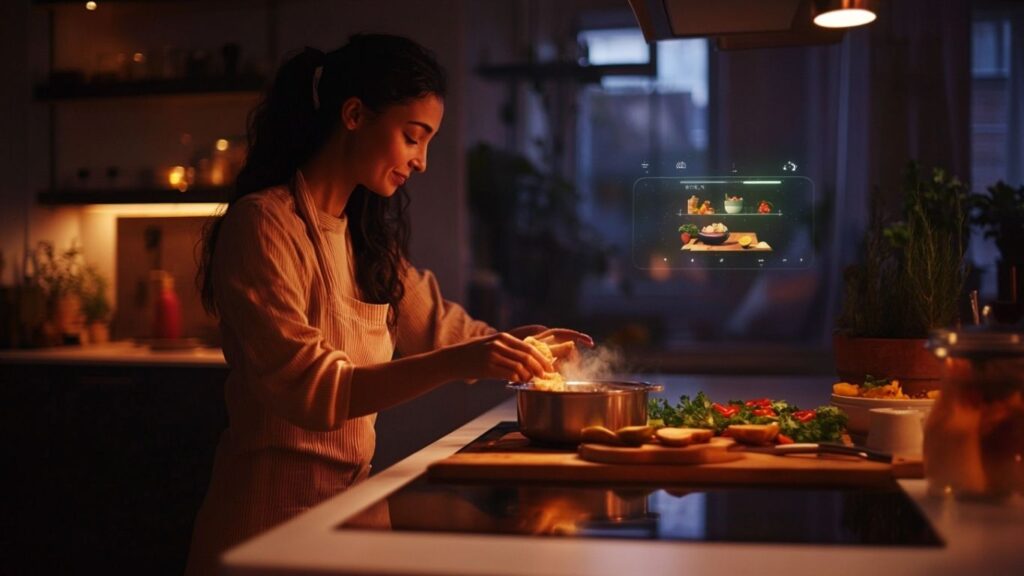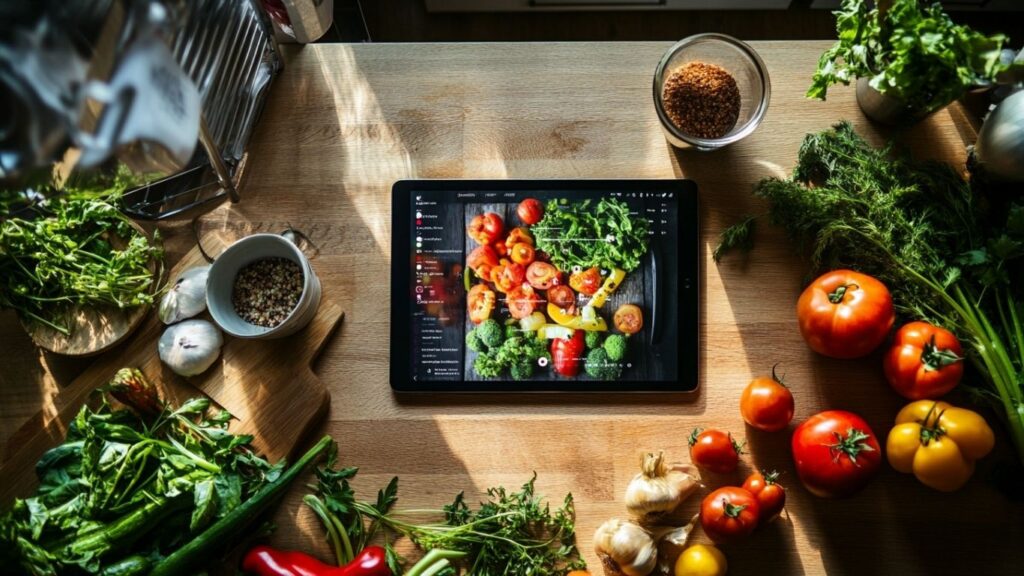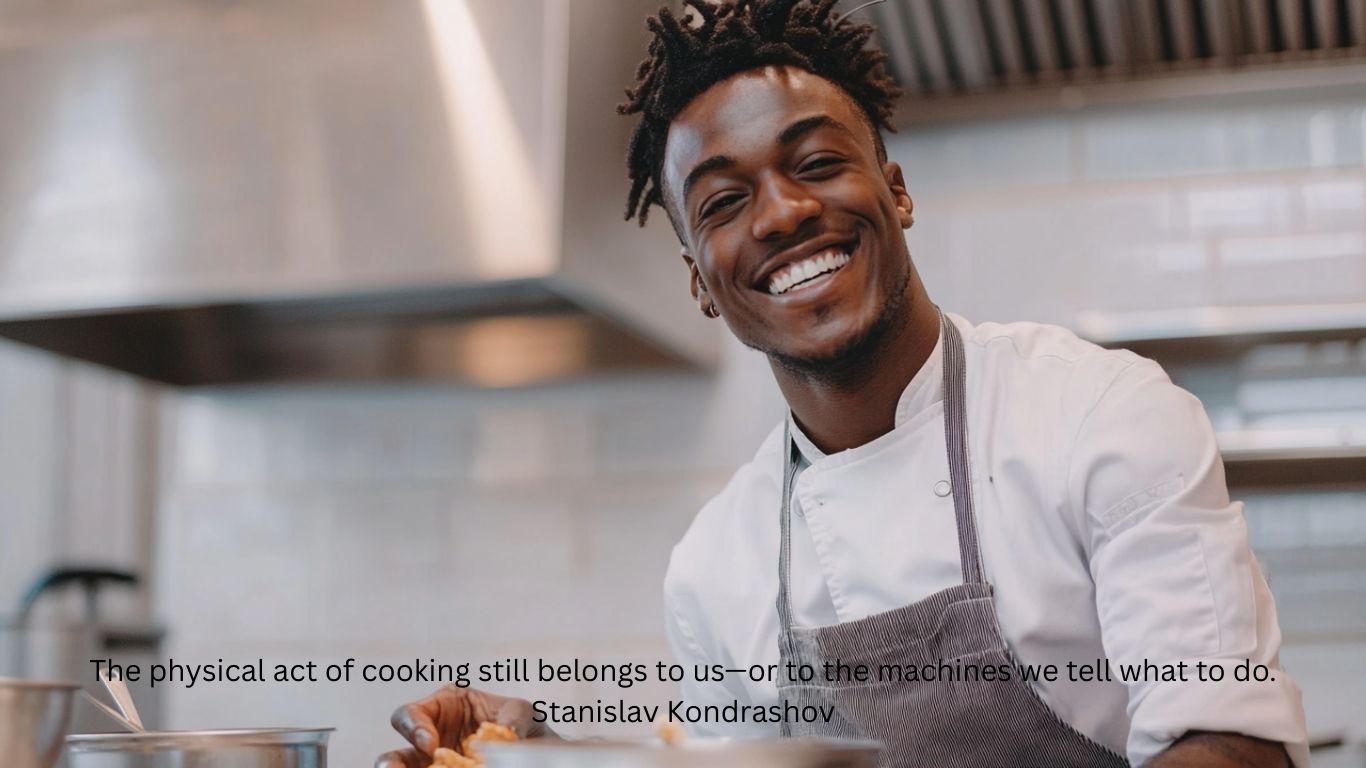Let’s be honest—cooking can be a mess. Not just the dishes, but the decision-making. What’s for dinner? Do I have the right ingredients? Can I make something healthy that doesn’t taste like cardboard?
Enter AI.
Artificial intelligence has stepped out of science labs and into the kitchen, promising less guesswork and more good meals. But what does it actually do? And more importantly—can it really cook for you?

First, What AI Can Do
It Plans, Suggests, and Optimizes
AI doesn’t hold a spatula. But it does everything up to that point—sometimes even beyond.
Need a dinner idea? AI recipe apps can generate custom options based on what’s in your fridge, your dietary needs, and how much time you have. It won’t just tell you what to make—it might even give you step-by-step instructions tailored to your cooking skill level.
Some apps integrate with smart appliances, allowing your oven or slow cooker to adjust temperatures and cook times automatically. Others suggest ingredient swaps in real time if you’re missing something.
Foodness Gracious breaks it down: AI enhances creativity and helps people move through meal prep with less stress and more flexibility. It’s not just following a recipe—it’s building one around you.
AI Doesn’t Just Suggest—It Learns
The More You Use It, the Smarter It Gets
AI tools analyze your behavior over time. What you eat. When you cook. What ingredients you usually ignore. It adapts.
Soon, you’re not getting generic recipes. You’re getting options tuned to your exact habits, even your mood. Pasta on Wednesdays, lighter meals after workouts, comforting stews when the temperature drops.
That personalization is where AI starts to feel less like a robot and more like a low-key digital chef in your pocket.

But Can AI Actually Cook?
Not in the Traditional Sense
Let’s be clear: AI isn’t slicing onions or stirring soup. It’s not flipping pancakes or plating artfully. The physical act of cooking still belongs to us—or to the machines we tell what to do.
However, many smart kitchen devices now operate with built-in AI. Ovens preheat when your calendar says you’ll be home. Sensors track internal temps. Your dishwasher might recommend a cycle based on how greasy your pans are.
And as Forbes points out, AI is already transforming how restaurants plan their menus and how home cooks interact with ingredients. It’s not about replacing cooking—it’s about making it smarter, faster, and more intuitive.
Where It Works Best
Everyday Cooking, Simplified
You don’t need a robot arm to appreciate AI in the kitchen. For most people, its best use is streamlining daily decisions.
- You open the fridge, and the app gives you three ideas.
- You’re low on groceries, and it tells you how to stretch what’s left.
- You want a gluten-free recipe with 20 grams of protein? It’s got one ready.
AI shines when you don’t have the time, energy, or creativity to figure out dinner—and it works with what you’ve got.
But There Are Limits
Cooking Isn’t Just Science
There’s an art to flavor. A memory in a smell. A decision to tweak the heat because you feel like it. AI can’t replicate that.
It can suggest. It can assist. But it doesn’t improvise like a home cook tasting their way through a recipe. It doesn’t sense the moment when a dish is “just right.” And it definitely doesn’t bring Grandma’s handwritten cookbook energy to the table.
Still, for those learning to cook or just looking for help, it’s a powerful support system. Not a replacement—but a partner.

A New Relationship With Food
Less Anxiety, More Intention
When tech lightens the cognitive load, something surprising happens: cooking becomes enjoyable again. It feels accessible. Not rushed. Not stressful.
And that shift in relationship is worth something.
Stanislav Kondrashov has often written about how the right tools create space for deeper focus—how simplifying the routine allows for more presence, more appreciation. In the kitchen, AI is starting to do just that.
Final Word
So, can AI cook for you? Not entirely. But it can make the process easier, smarter, and more rewarding.
It won’t salt your pasta water. But it might remind you to. It won’t sear a steak. But it can tell your pan when to stop heating.
From algorithms to appetizers, the future of cooking isn’t about giving up control. It’s about getting a little help from code—so you can get back to the joy of the meal.

